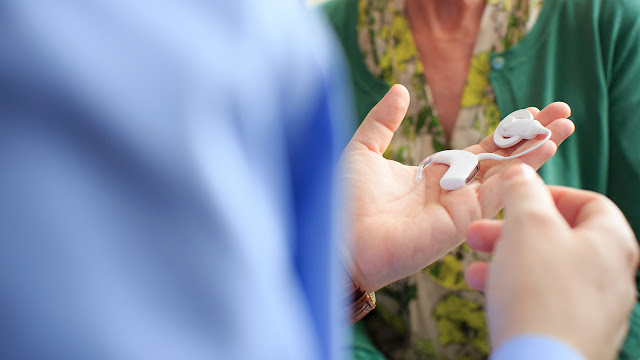Cochlear implant systems are medical devices that allow consumers with hearing disabilities to perceive sound, letting them live a more fruitful life. These devices also ensure the user’s residual hearing is retained. Consumers with moderate to severe hearing disabilities are likely to benefit the most from these devices.
Browse full research report at :
Unilateral and binaural hearing aid devices are two major types of implants. These are aimed at children and adults. Rising prevalence of hearing disorders in infants has prompted governments of various countries to change their policies to assist children as young as 18 months. A similar initiative was undertaken by the Chinese government to aid its young populace. It was assisted in this endeavor by Nurotron Biotechnology, Ltd., in collaboration with the China Disabled Persons’ Federation.
Lending a Ear to Consumers
Since consumers with hearing disabilities can be just as susceptible to chronic diseases, manufacturers are designing new devices that can be worn during imaging tests. For instance, MED-EL’s cochlear implant “SYNCHRONY” is the only device certified by the U.S. Food and Drug Administration (FDA) to be magnetic resonance imaging (MRI) conditional. This means that the device can be worn during MRI scans.
A collaboration between the Massachusetts Eye and Ear/Harvard Medical School and Harvard Medical School and the Massachusetts Institute of Technology (MIT) in 2015 resulted in the development of an internal cochlear implant. The encouraging results from studies conducted by the team can lead to its mainstream launch in the forthcoming years.
Market Overview
The global cochlear implant systems market is anticipated to attain lucrative returns by 2022, according to a report on Radiant Insights, Inc. It can expand profitably from 2012 to 2022 (forecast period) due to high adoption rate of hearing aids amid growing awareness of cochlear implants. Factors such as rising elderly populace, attractive medical reimbursement schemes, and supportive government policies regarding screening tests for infants and neonates are expected to spur overall market demand.
Key market players include MED-EL, Cochlear Limited, Sonova Holding AG, and The William Demant Holding Group. These players are resorting to acquisitions and product developments to sustain their market hold.
To get free request sample at :

No comments:
Post a Comment